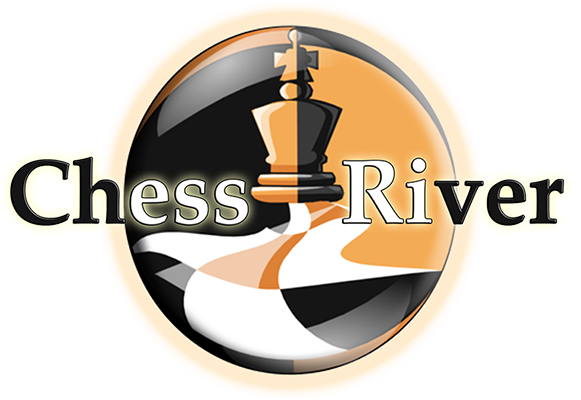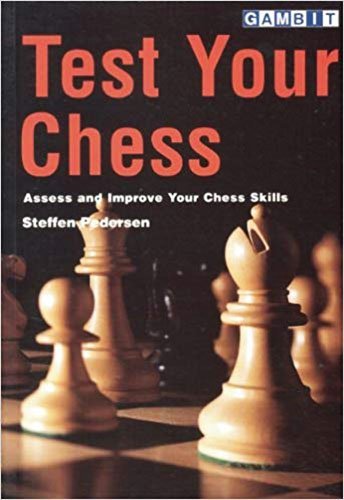This book offers a variety of entertaining and thought-provoking exercises in fundamental chess skills. It will help players of all standards to identify strengths and pinpoint areas of their play that need more attention. The first half of the book tests your ability in each part of the game. Opening Exercises test your ability to develop harmoniously and to find creative solutions in the first part of the the game. The middlegame section assesses your proficiency at making decisions relating to attack and defence, prophylactic thinking and finding the correct plan. The endgame challenges focus on the basic essential knowledge that often decides real-life games. The second half of the book contains ‘How Good is Your Chess’ exercises, where you are asked to follow one side through a complete game, trying to guess each move as if you were playing a compete game. Points are awarded according to the accuracy of your decisions. Full, detailed solutions are given to all exercises.
About the Author
Steffen Pedersen is a young international master from Denmark. He scored a grandmaster norm when he was 16, and played in several World and European junior championships. In 1988 he was joint winer of the Hampstead Grandmaster tournament, and achieved another Grandmaster norm at the Aars get2net Cup in 1999. He has written several highly-regarded opening books, with subjects including the Dutch Defense, Sicilian Scheveningen, Benko Gambit and the Semi-Slav.
Reviews
“Instead of the usual hackneyed examples, with only a few exceptions Pedersen has chosen positions and games that I think will be new to the majority of readers… a nice book, for training or just for entertainment” — Phil Adams, CHECKPOINT
“A useful teaching book that blends differing types of exercises to give the maximum amount of teaching value” — Randy Bauer, RANDY’S REVIEWS
“The examples are well chosen and challenging. Test Your Chess is a useful training book for players from 2000 to 2400 that are serious about improving their chess. This book will improve the conscientious reader’s analytical skills and increase his understanding of the game.” — John Donaldson, INSIDE CHESS



